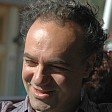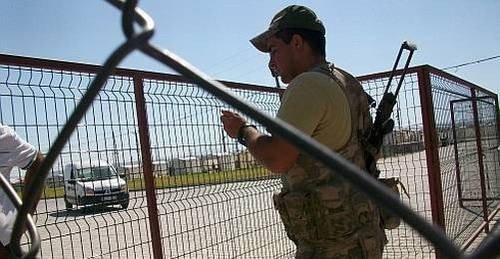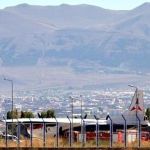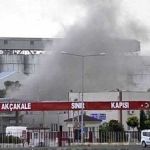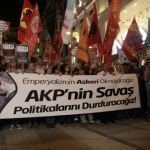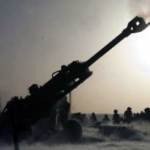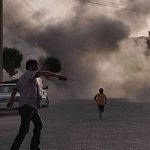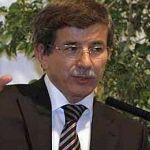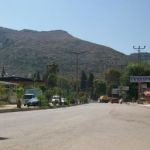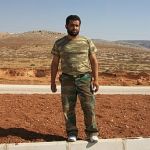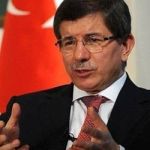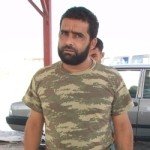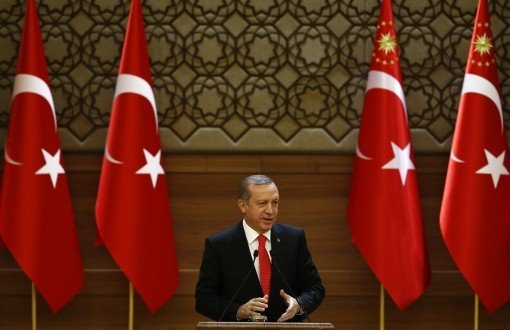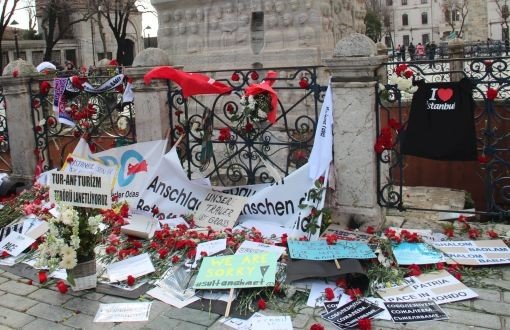Parliament's Human Rights Commission paid a visit to the Apaydın camp that hosts Syrian rebels in the southern province of Hatay, amidst claims that the camp also serves as a training ground for the rebels. Deputy Atilla Kaya from the far-right Nationalist Movement Party (MHP) and Deputy Kerim Özkul from the ruling Justice and Development Party (AKP) shared their impressions with bianet.
The camp is physically incapable of serving as a base for military training and drills, but it does offer the means to act as a center of communication, command and planning, Deputy Kaya said.
"They have the means to communicate, for one. They have both cell phones and pay phones. On the other hand, it is also possible to travel back and forth across [the border.] Anyone who signs a document indicating that they bear all the responsibility can easily pass into Syria and come back three days later," he added.
Deputy Kaya also said they had asked if there were such border crossings involved. "There are such [border crossings,] even if they are no more than a few," was the reply they received.
They had also met with Riad Al-Assad, the alleged commander of the Free Syrian Army (FSA,) he said, adding that with all these factors combined, the Apaydın camp could be serving a function in the Syrian conflict.
"The camp may be serving a function in the conflict but [only] in the sense of planning, communication and command. That is all, I think," he said.
Armed training inside the camp is out of the question, according to Kaya, as the 130 decares large camp only contains walking trails between the tents and sits about a kilometer away from the Apaydın village.
Syrian rebel leader Al-Assad confident and composed
"[Riad Al-Assad] was at ease and self-confident. There were brigadier and major generals among the representatives who came to meet us at the camp. Al-Assad's composure was more self-confident [than theirs,]" Deputy Kaya said in response to our questions about Al-Assad's alleged position as the commander of the FSA, adding that he stood out among the rest of the troops in the camp.
Al-Assad neither affirmed that he was the commander nor denied it when they inquired him about the allegations that Mahir Kürdi was his right-hand-man, Kaya said.
Kürdi had told a Russian newspaper that members of the Syrian opposition connected to their movement had committed the latest string of incidents in Syria, Kaya pointed out. Riad Al-Assad, however, told them that Kürdi was in Syria, even though he had been at the camp before, he said.
Kaya also disagreed with the claims that the camp had been "refurbished" prior to their visit but that he did gain the impression that the people they met with had been cautioned to watch their words.
"Syrian rebels need no military training"
AKP Deputy Kerim Özkul also agreed with Deputy Kaya that the physical environment and the geographical location of the camp were not suitable to conduct battle training.
"It is impossible to camouflage or supress even the sound of a pop gun, let alone a weapon, a rocket or a bomb explosion. Moreover, the children there would have been traumatized by the sound of weaponry and bombs. We did not notice anything of the kind," Deputy Özkul said.
The Syrian troops in the camp already bear military ranks and are capable of providing battle training themselves, and thus they have no need to receive any further training, he also added.
"They have to walk for about three to four hours to arrive there, and then they have to traverse the same distance back again. They would be walking [that distance,] receiving training and returning back over the same road... I doubt it," Deputy Kaya said.
"No strength of [will] to fight"
"There is no enthusiasm or strength [of will] to wage an armed struggle among the camp's inhabitants," Özkul said. "They are preoccupied with their own security and the safety of their loved ones they left behind."
Everyone is worried including Riad Al-Assad, he noted.
"They are worried that the [political faction] that backs them in Turkey is in a difficult spot. They are worried about being shipped off back [to Syria.] They say they are ready to return, but I am not of the opinion that they are really ready for such a thing. They are worried about Syria's future," Deputy Özkul said.
"Personal preferences taking precedence"
We inquired about why only the state-controlled Anatolia news agency was allowed into the camp along with the members of the commission despite the presence of a large number of people from the press there. Deputy Özkul responded that such a large group would not be able to enter the camp, and that personal preferences would take precedence when they had to make choices.
The Peace and Democracy Party (BDP) did not participate, as they have no members in the commission, while the People's Republican Party (CHP) chose not to go, as they had already been denied access into the camp once before.
CHP leader Kemal Kılıçdaroğlu had said that the camp was in violation of United Nations agreements and that it provided military training to people who then crossed the border into Syria to fight there. (YY)




